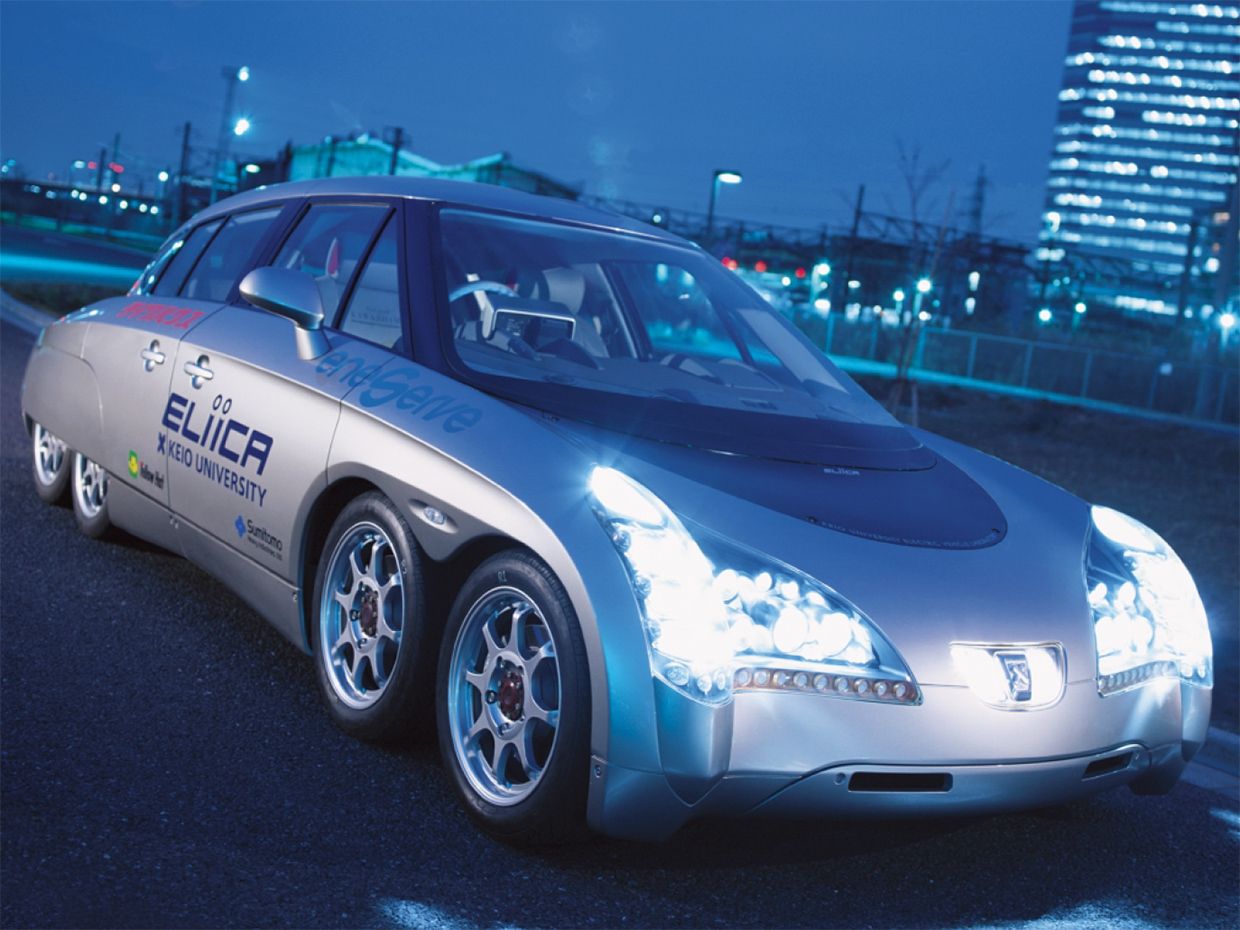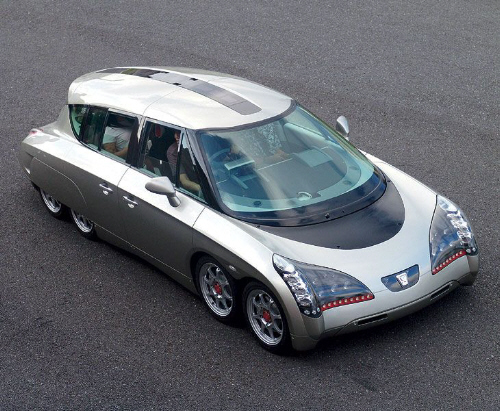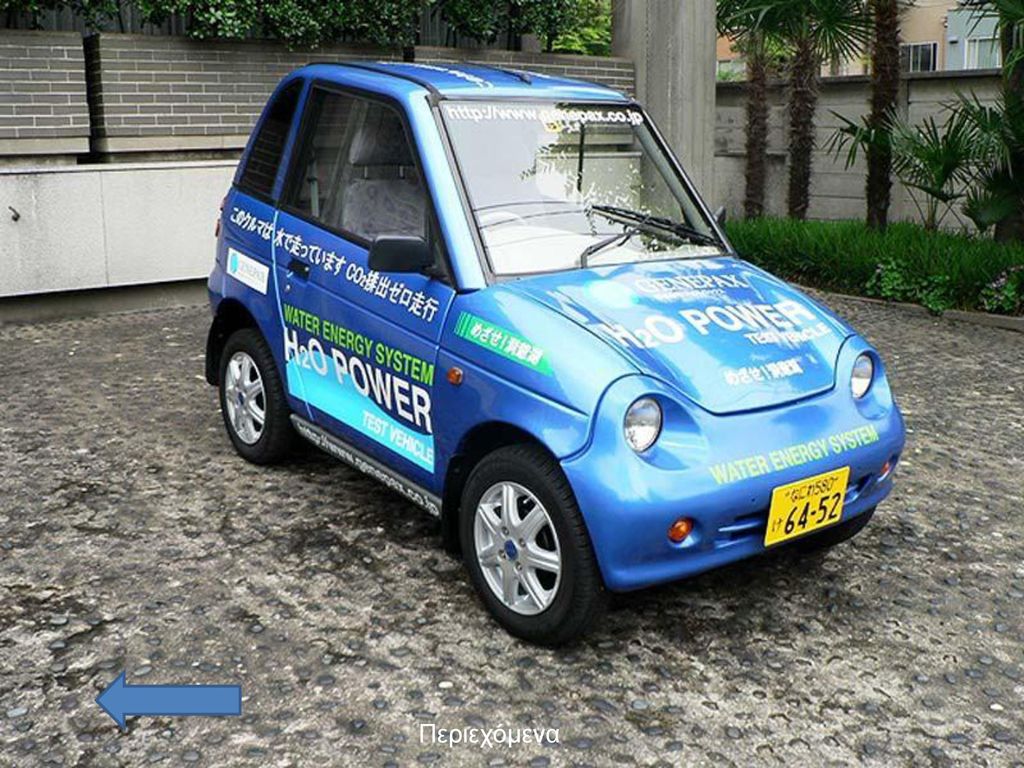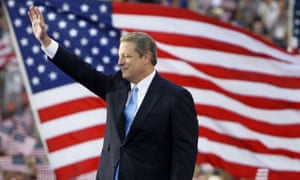Gore Administration: American Automobiles
May add or update this later, depending ig I got anything wrong.
American Automobiles and Al Gore
The American automobile industry was in an era of decline and problems in the early 2000s. Having recovered in the 90s after the problems of the Oil Crisises of the 70s, they were seeming to do pretty well. While they may have bounced back with fuel efficient cars, the SUV was becoming their cash crop. Chrysler's Rams, Ford's F-series, and GM's -ados series. Additionally, pick up trucks were given laxer fuel economy standards as a result of being classified as work vechicles. Overall, it seemed that the American automobile industry would be capable of humming along. However, the gravy train would come to a gruel and painful stop because of the Exxon-Mobil scandal, specificially the end of fuel subsidies, the growing standards for the EPA and the changing tastes would raise the red flags and Al Gore called them in, knowing that the American automobile industry would be most affected. Ford, GM and Chrysler would be called in to talk with the White House. While there were initial attempts to try to dissuade Gore, they quickly resigned to the end of the fuel subsidies and began compromising with Gore on assistance for modernizating for this time, especially with the likely futuristic calls of green guel. General Motors had the advantage in technology with hybrids, but Ford had the advantage of finances. However, Chrysler lacked either of them and thus were in the worst position. To that end, they had one massive request... the assistance of Lee Iacocca, the man who bailed out Chrysler decades prior.
Iacocca had been enjoying his retirement before he became surprised by a call by the President himself, asking him to come over to the White House for counsel. More surprising still was seeing the Big Three automobile companies there upon his arrival. However, it wasn't long before he knew why he was brought over. The American automobile companies would be in serious trouble with the end of the fuel subsidies and even disregarding that, the changing buy habits of people and the precarious situation they were in. Chrysler mentioned Iacocca and President Gore brought him in over to assist in the period as an advisor. Iacocca looked over what would be some of the new rules and regulations along with the court findings and information. He himself noted was a little disturbed at the implications and noted Gore's own ambitions while respecting the markets. However, the sooner the started, the less drastic action would be needed in the long run. As for the car companies, the rules was to make afforadble, practical and fuel-efficient cars. Additionally, the Gore Administration would begin accelerating the adoption of alternate energy and fuel sources, encouraging other businesses to assist in the endeavor. The luxury pick-ups and the large SUVs would be shelved until such time and the Gore Administration carefully invested.
Ford and GM had an easier time, namely by reaching out to their European divisions and looking to see what they had there that could transport over here while Chrysler needed to get mroe creative. Regardless, the Gore Administration assisted the Big Three in the changes, which helped in presenting them in a positive light in helping American businesses transistion to the new times. Biodiesal was becoming more prevalent as the Gore administration was providing incentives for stores and restaurants to donate oil and grease for the creation of biodiesal along with other potential options for things thrown away (though this did lead to a growing outcry to how much food and so on is thrown away that is still very edible.)
By the end of 2005, the new models of fuel-efficient cars were coming out along with a model for biodiesal cars. Meanwhile, more states are being encouraged to come up with tax incentivies for biodiesal and other green fuels were incentivizing new companies. Granted, this was over a period of a few years and even by the end of 2008, it was just starting to stabilize. Nonetheless, the introduction of smaller more fuel-efficient cars along with the promotion of healthier lifestyles and environmental awareness was having a gradual positive effect. Beyond the profits going over to sustain the companies, they were also investing into the future per recommendation of Gore. While biogas and ethanol was first considered, the carbon budget analysis meant that it would be more difficult to sustian with infrastructure without the development of something like algae fuel or cellulose ethanol. Electric cars meanwhile were also being sketched and outlined, but the different approaches presented their own problems. Lithium battery cars were considered a bit better right now, but suffered from a lack of support infrastructure as well as cost. Hydrogen fuel cell meanwhile, while more expensive upfront, could be better in the long run. At the same time, there was also the need to address that creating these green fuels through fossil fuel means (such as electricity through coal or natural gas) needed to be addressed and added to the priority of adopting things like solar power and wind power. Nonetheless, the hope was still there and by near the end of 2008, the car companies were managing to do well for themselves.
American Automobiles and Al Gore
The American automobile industry was in an era of decline and problems in the early 2000s. Having recovered in the 90s after the problems of the Oil Crisises of the 70s, they were seeming to do pretty well. While they may have bounced back with fuel efficient cars, the SUV was becoming their cash crop. Chrysler's Rams, Ford's F-series, and GM's -ados series. Additionally, pick up trucks were given laxer fuel economy standards as a result of being classified as work vechicles. Overall, it seemed that the American automobile industry would be capable of humming along. However, the gravy train would come to a gruel and painful stop because of the Exxon-Mobil scandal, specificially the end of fuel subsidies, the growing standards for the EPA and the changing tastes would raise the red flags and Al Gore called them in, knowing that the American automobile industry would be most affected. Ford, GM and Chrysler would be called in to talk with the White House. While there were initial attempts to try to dissuade Gore, they quickly resigned to the end of the fuel subsidies and began compromising with Gore on assistance for modernizating for this time, especially with the likely futuristic calls of green guel. General Motors had the advantage in technology with hybrids, but Ford had the advantage of finances. However, Chrysler lacked either of them and thus were in the worst position. To that end, they had one massive request... the assistance of Lee Iacocca, the man who bailed out Chrysler decades prior.
Iacocca had been enjoying his retirement before he became surprised by a call by the President himself, asking him to come over to the White House for counsel. More surprising still was seeing the Big Three automobile companies there upon his arrival. However, it wasn't long before he knew why he was brought over. The American automobile companies would be in serious trouble with the end of the fuel subsidies and even disregarding that, the changing buy habits of people and the precarious situation they were in. Chrysler mentioned Iacocca and President Gore brought him in over to assist in the period as an advisor. Iacocca looked over what would be some of the new rules and regulations along with the court findings and information. He himself noted was a little disturbed at the implications and noted Gore's own ambitions while respecting the markets. However, the sooner the started, the less drastic action would be needed in the long run. As for the car companies, the rules was to make afforadble, practical and fuel-efficient cars. Additionally, the Gore Administration would begin accelerating the adoption of alternate energy and fuel sources, encouraging other businesses to assist in the endeavor. The luxury pick-ups and the large SUVs would be shelved until such time and the Gore Administration carefully invested.
Ford and GM had an easier time, namely by reaching out to their European divisions and looking to see what they had there that could transport over here while Chrysler needed to get mroe creative. Regardless, the Gore Administration assisted the Big Three in the changes, which helped in presenting them in a positive light in helping American businesses transistion to the new times. Biodiesal was becoming more prevalent as the Gore administration was providing incentives for stores and restaurants to donate oil and grease for the creation of biodiesal along with other potential options for things thrown away (though this did lead to a growing outcry to how much food and so on is thrown away that is still very edible.)
By the end of 2005, the new models of fuel-efficient cars were coming out along with a model for biodiesal cars. Meanwhile, more states are being encouraged to come up with tax incentivies for biodiesal and other green fuels were incentivizing new companies. Granted, this was over a period of a few years and even by the end of 2008, it was just starting to stabilize. Nonetheless, the introduction of smaller more fuel-efficient cars along with the promotion of healthier lifestyles and environmental awareness was having a gradual positive effect. Beyond the profits going over to sustain the companies, they were also investing into the future per recommendation of Gore. While biogas and ethanol was first considered, the carbon budget analysis meant that it would be more difficult to sustian with infrastructure without the development of something like algae fuel or cellulose ethanol. Electric cars meanwhile were also being sketched and outlined, but the different approaches presented their own problems. Lithium battery cars were considered a bit better right now, but suffered from a lack of support infrastructure as well as cost. Hydrogen fuel cell meanwhile, while more expensive upfront, could be better in the long run. At the same time, there was also the need to address that creating these green fuels through fossil fuel means (such as electricity through coal or natural gas) needed to be addressed and added to the priority of adopting things like solar power and wind power. Nonetheless, the hope was still there and by near the end of 2008, the car companies were managing to do well for themselves.




